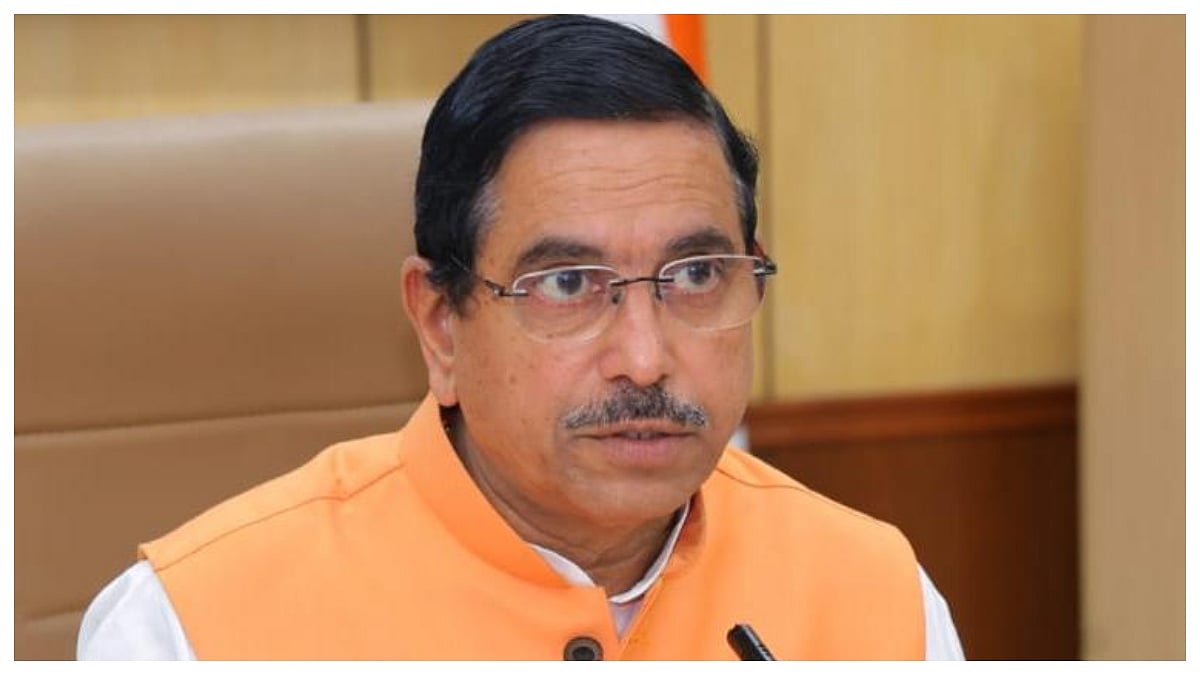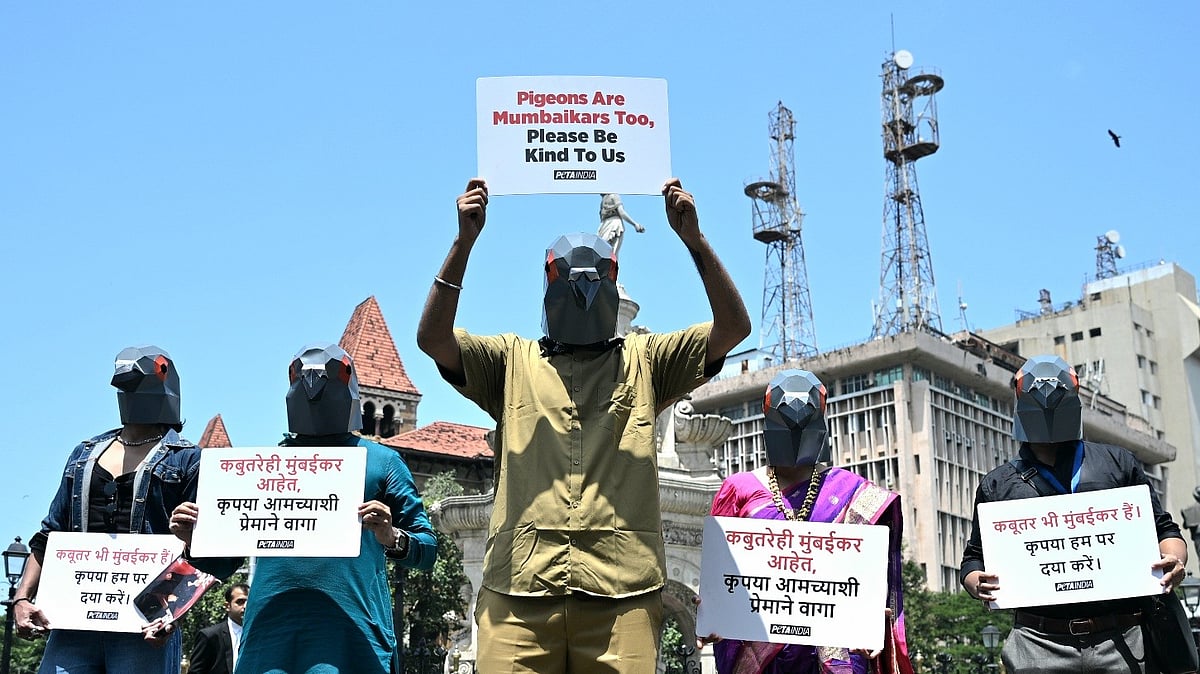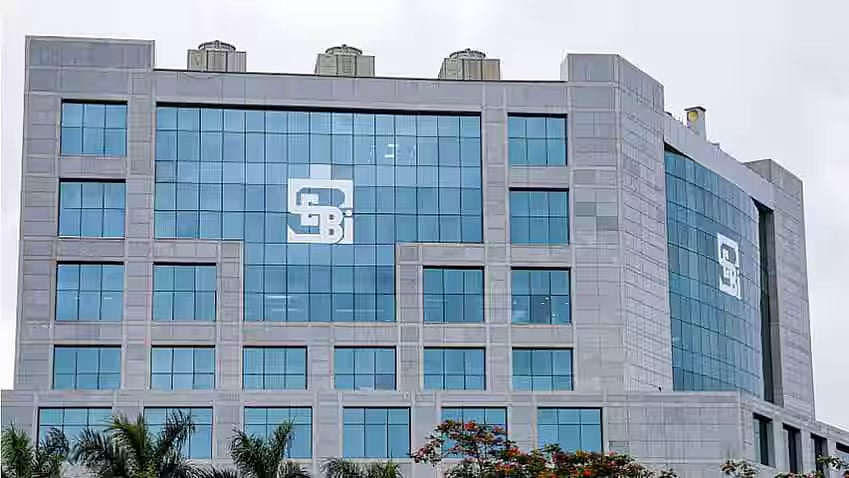Finance Minister Nirmala Sitharaman made several announcements as far as personal finance is concerned, aiming at making things easier for individual taxpayers. While there were no big-bang reveals in Budget 2022, taxpayers have a few benefits to look out for.
1. No change in income tax slabs, tax rates: A big disappointment for salaried individuals, FM Sitharaman did not announce any change in income tax slabs for 2022-23. The income tax rates for the said year were also not revised.
2. I-T returns within two years: To provide an opportunity to correct an error, taxpayers can now file an updated return within two years from the relevant assessment year. Income tax return filers will be allowed to update their returns up to two years after the end of the relevant assessment year in case they forgot to include any income when the return was first filed. However, an additional tax of 25% to 50% on the tax and interest due on the additional income will be payable. Currently, an individual gets time till December 31 (unless extended by the government) of the relevant assessment year to file a revised ITR to provide a correct picture of the income earned by him/her from various sources during the financial year.
3. Tax on ‘digital’ assets: India may not have laws to govern cryptocurrencies yet, but it doesn’t want to miss out on the gold rush. FM announced the country will be taxing all digital assets at a rate of 30% — no deductions or exemptions apply. This includes everything from cryptocurrencies to non-fungible tokens (NFTs) to other ways that people earn from digital assets, like yielding, farming and mining. Moreover, gifts of virtual assets shall also be taxed for the recipient. And, tax deducted at source (TDS) will be imposed on payments for the transfer of crypto assets at a rate of 1% for transactions over a certain threshold. However, Sitharaman did not specify what this ‘threshold’ will be.
4. Withdrawal of enhanced surcharge on capital gains from equity for individuals, HUFs: Individuals and Hindu Undivided Families (HUFs) will not have to pay an enhanced surcharge on capital gains tax arising from the sale of equity shares and units of equity-oriented mutual funds. The finance minister while making this announcement said, “In order to stabilise the flow of funds into the capital market, it is provided that enhanced surcharge introduced by the Finance (No.2) Act, 2019 shall not apply on capital gains arising on sale of equity share in a company or a unit of an equity-oriented fund or a unit of a business trust liable for a securities transaction tax, in the hands of an individual, HUF, Association of person, Body of individual and Artificial Juridical Person.”
5. Digital rupee with blockchain from RBI: In a big boost to the economy, digital rupee — using blockchain and other technologies — will be introduced by the central bank in 2022-23, Sitharaman said. “The introduction of central bank digital currency will give a big boost to the digital economy. Digital currency will also be a more cheaper and efficient currency management system.
6. Tax relief for persons with disability: Tax relief for persons with disability will be allowed annuity/lump sum payments if the guardian is above the age of 60 years. Earlier it was allowed only if the guardian was dead.
7. Income tax relief for Covid: Any sum of money received by the family of a deceased from the employer of such person or any other person or persons (to the extent of Rs 10 lakhs) won’t be taxable for the recipient of the deceased succumbed to COVID-19 and the payment is received within 12 months from the date of the death of the person and subject to the prescribed conditions. In simple terms, money received from crowdsourcing won’t be taxable for the family of the deceased. Any sum paid by the employer to an employee in respect of expenditure incurred by the employee on his or any member of his family’s medical treatment in respect of any illness relating to Covid-19, subject to the prescribed conditions, would not be taxed as a prerequisite.
(The writer is the Founder of Money Mantra, a personal finance solutions firm)












